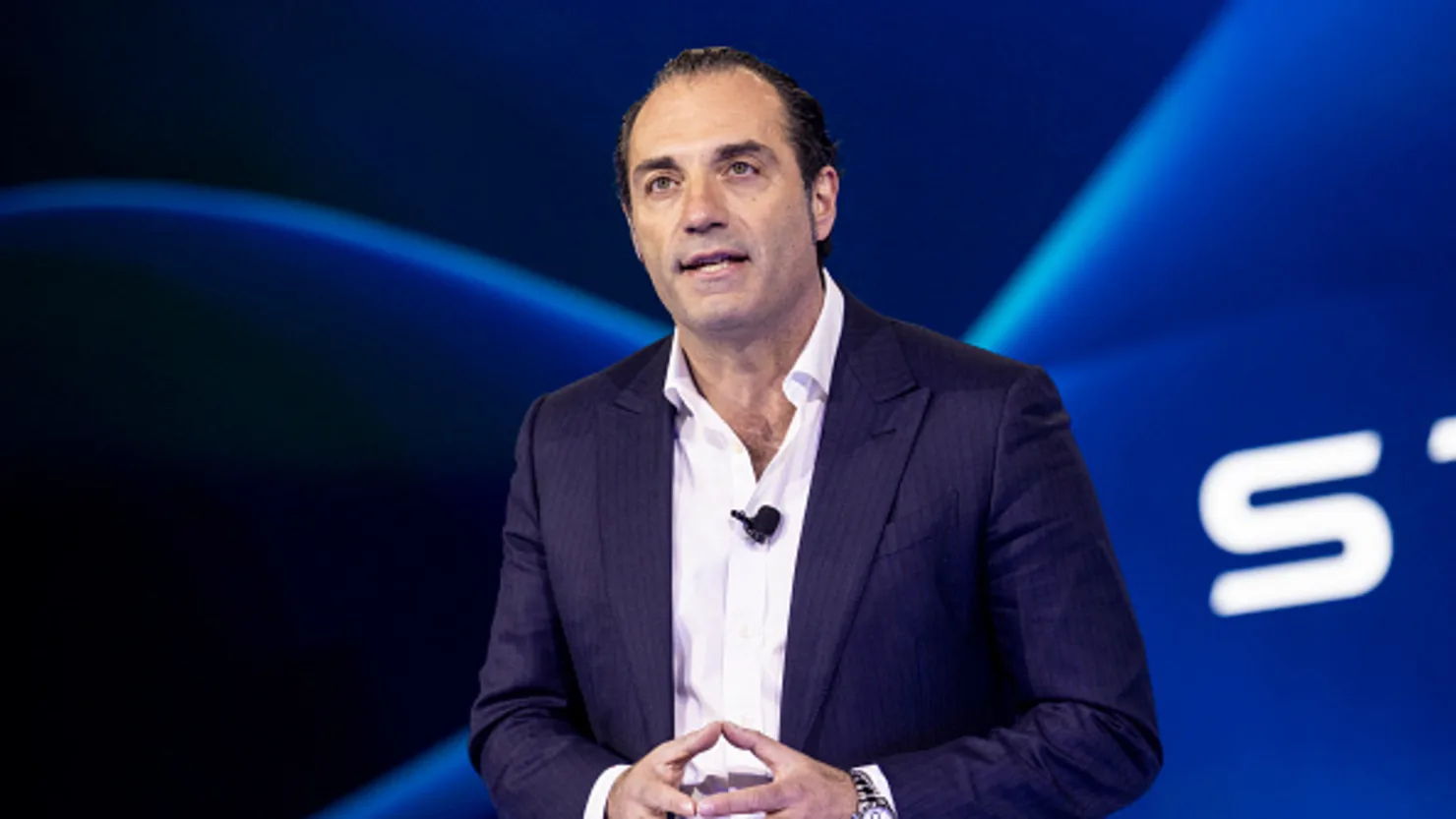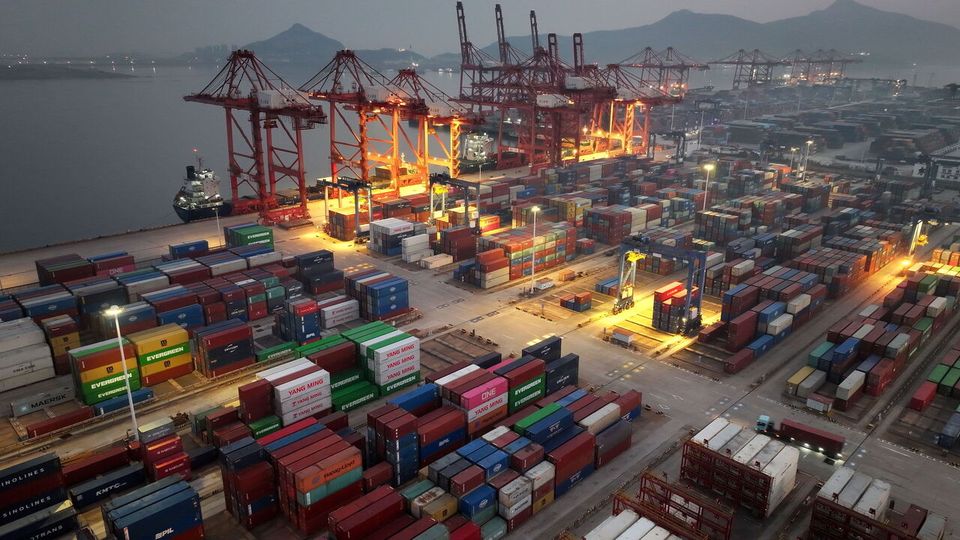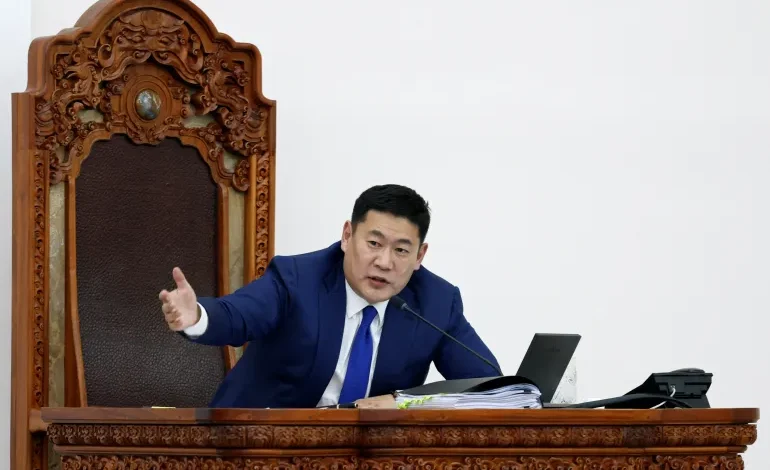Mongolian Prime Minister Luvsannamsrain Oyun-Erdene has resigned after losing a parliamentary vote of confidence, following weeks of mounting anticorruption protests and public outrage over the alleged lavish lifestyle of his family.
Oyun-Erdene’s resignation was confirmed on Tuesday in a parliamentary statement, a day after he failed to secure enough support in a secret ballot. Out of the 126-member Parliament, only 44 lawmakers voted in his favor, while 38 opposed him — far short of the 64 votes required to remain in office.
The prime minister, who had been in office since January 2021 and was re-elected in July 2024, has been the target of sustained public criticism over corruption allegations, which he has repeatedly denied. In his remarks to Parliament before the vote, he accused “major, visible and hidden interests” of orchestrating a campaign to destabilize his government, warning that his removal could lead to political and economic turmoil.
However, such warnings failed to sway lawmakers or the public. Demonstrations have continued for weeks in the capital Ulaanbaatar, with protesters — many of them young — accusing the government of corruption and inequality. On Monday, hundreds gathered outside Parliament chanting slogans like “Resignation is easy”, demanding deeper reforms.
Public frustration has also been fueled by perceptions that Mongolia’s political elite have enriched themselves from the country’s booming coal industry, while ordinary citizens face stagnant wages, inflation, and a rising cost of living.
Since taking office, Oyun-Erdene has overseen Mongolia’s slide in Transparency International’s Corruption Perceptions Index, which has further deepened public dissatisfaction.
Oyun-Erdene will remain in a caretaker role until a successor is appointed. Under Mongolian law, a new prime minister must be nominated within 30 days.
Mongolia, a resource-rich but landlocked democracy between Russia and China, has long struggled with endemic corruption, despite holding regular democratic elections and fostering an open press. Observers say the recent unrest underscores the growing demand for accountability and structural reform in the country’s governance.
With input from Al Jazeera










The latest news in your social feeds
Subscribe to our social media platforms to stay tuned